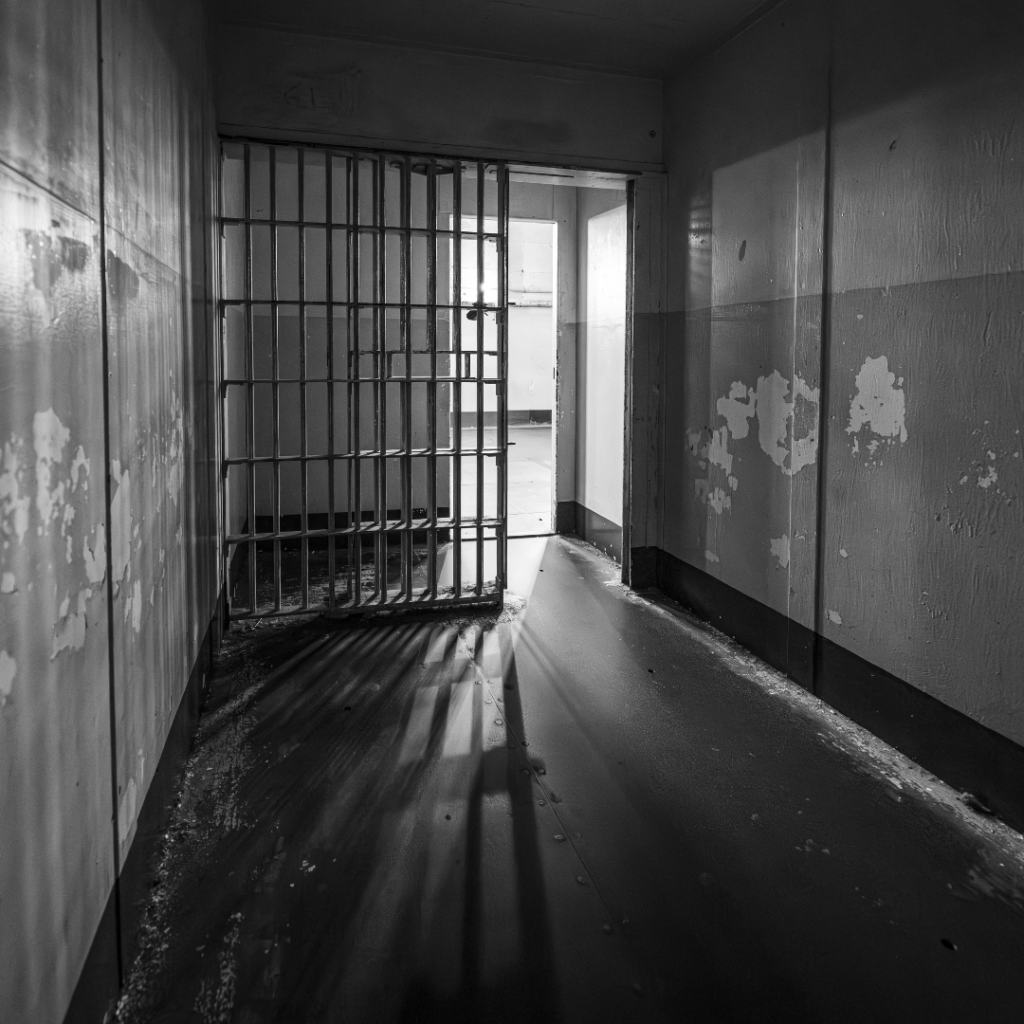A True Mental Health Advocate
Many first ladies played prominent roles in their husbands’ presidencies, but few did their own thing quite like Georgia’s own Rosalynn Carter. Her independent approach influenced and empowered a generation of women, inspiring them to fight for equality. Mrs. Carter also supported the Equal Rights Amendment.
 More personally, I appreciate her efforts to destigmatize mental health issues through her work at the Carter Center. In 2023, the Kaiser Family Foundation ranked Georgia 15th in the country in the number of adults reporting anxiety and/or depressive disorder. I’ve known many people who have wrestled with these issues, and I have lived long enough to see her work improve so many lives. There are still barriers to treatment to overcome, but it is nothing as bleak as it was before her efforts.
More personally, I appreciate her efforts to destigmatize mental health issues through her work at the Carter Center. In 2023, the Kaiser Family Foundation ranked Georgia 15th in the country in the number of adults reporting anxiety and/or depressive disorder. I’ve known many people who have wrestled with these issues, and I have lived long enough to see her work improve so many lives. There are still barriers to treatment to overcome, but it is nothing as bleak as it was before her efforts.
She realized stigma was preventing many from seeking needed treatment and in 1996, she created the Rosalynn Carter Fellowships for Mental Health Journalism to provide training to journalists to more sensitively discuss mental health.
“The good news,” as she wrote in her book Helping Someone with Mental Illness, “is that with proper diagnosis and treatment, the overwhelming majority of people with mental illness can now lead productive lives.” This approach in her book, a resource guide for anyone diagnosed with mental illness, brings positivity to the discussion of conditions that for years caused people to feel exiled and alone.
It was always a passionate issue for Rosalynn Carter. During Jimmy Carter’s term as governor, she served on the Governor’s Commission to Improve Services to the Mentally and Emotionally Handicapped. And during his presidency, Mrs. Carter was named honorary chair of the Presidential Commission on Mental Health and also helped Carter create 123 community mental health centers.

Rosalynn Carter testified in 2007 before a U.S. House of Representatives subcommittee in favor of the Paul Wellstone and Pete Domenici Mental Health Parity and Addiction Equity Act, calling for mental illnesses to be covered by insurance on par with physical illnesses.
In 1979, she testified before Congress (only the second first lady to do so) on behalf of the Mental Health System Act. She realized stigma was preventing many from seeking needed treatment and in 1996, she created the Rosalynn Carter Fellowships for Mental Health Journalism to provide training to journalists to more sensitively discuss mental health. Since the fellowships were established, fellows have produced more than 1,500 works; one in seven fellows reports that the works resulted in improvements to behavioral health policies and programs.
She helped establish the Carter Center Mental Health Program in 1991, which works internationally to disseminate resources on the cutting edge of research into these issues to help fight stigma and deliver the services needed to accommodate those affected by mental health issues. The center has also partnered with the government of Liberia to assist its ministry of health and train a mental health workforce to empower both those in the health industry and family caregivers.
From 1985 to 2016, the Rosalynn Carter Symposium on Mental Health Policy was an annual event convening those in the field to focus on improving mental health access and care in the U.S. and bringing together national leaders to coordinate efforts to help create and provide treatment for those in need. Rosalynn Carter played a significant role in the passage of the Paul Wellstone and Pete Domenici Mental Health Parity and Addiction Equity Act in 2008, ensuring that insurance coverage of mental illness isn’t more restrictive than the coverage of physical conditions.
I can’t tell you how huge this was in establishing the range of treatment options that have emerged since then. In addition to stigma, money is a big part of the disconnect between treatment and those who need it – even with insurance, it is often too expensive for what is often a marginalized population with a dearth of resources.
Mrs. Carter has said passion for this subject began when she met a cotton mill worker and learned the woman’s obvious exhaustion was due to the fact that she and her husband had to work opposite shifts to care for their mentally ill daughter. She also said that her experience with a cousin of President Carter whose mental illness frightened her as a child made her realize the role of stigma in mental illness.
It must have been gratifying for Rosalynn Carter, who passed in November, to have realized her dream of both improving access to treatment and reducing the stigma for those affected by mental illness. “Twenty-five years ago, we did not dream that people might someday be able actually to recover from mental illnesses,” Rosalynn Carter said at a mental health symposium back in 2003. “Today, it is a very real possibility.”






